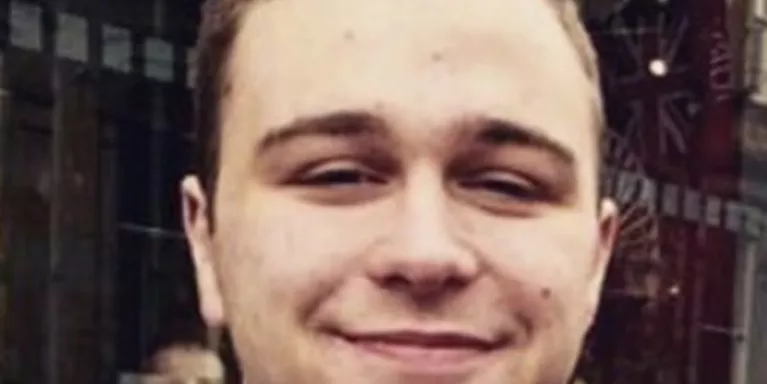Learning to cope with anxiety and panic attacks at university
Sophie blogs about her experiences of anxiety and panic attacks at university.
Going to university had always been something I had wanted to do. Ever since school I had looked forward to it, I wanted to learn but also to make the friends you’re always told will last a lifetime. But one thing I certainly never expected when beginning my three years of university was that I would start to struggle with my mental health.
At first I had no knowledge of mental health problems at all and I didn’t know anyone who had suffered either. It wasn’t until a day in my first term when it all started for me.
"I was sat in a hot, sweaty lecture theatre when suddenly I felt like I needed to escape."
That moment sparked the toughest time in my life. I was unable to eat, I hardly left my flat and I found it hard to go to lectures or even to go on nights out. Slowly, I made the choice to talk to my friends about it, and looking back now I am so glad I did.
My best friends were extremely supportive and even though none of them had suffered themselves, they supported me and the issues I had to deal with, never once doubting me or my ability or our friendship. Without them throughout those three years, I wouldn’t have made the leaps I did and my confidence would never have improved. I guess this blog is a way of me thanking them for that too.
Three years on and my mental health problems affect me in more ways than I ever expected; low moods, insomnia, nausea, head rush and sweats. At my worst it stripped away my ability to function normally like all my other friends, classmates and family were doing. It took away my ability to concentrate on my university work. It wasn’t just the mental aspect of my illness but also the physical ones. I would find myself spending hours in bed not wanting to move, or hiding away from those who cared about me.
After finding support from my friends, I visited the doctors at university to ask for help. I was asked questions like ‘are you just nervous?’ or ‘you might just be ill or tired,’ which made me question myself even more. They then prescribed me anti-depressants without even offering me talking treatments or anything else which could help, which made me finally look elsewhere. I eventually saw counsellors and a CBT therapist after weeks of waiting and even though they helped to an extent, I decided to find my own support privately. I don’t regret my decision as it really helped me, but I wish NHS support had been enough to stop me having to pay for it myself.
How I judge my own mental health is different to how others judge me. I am critical about myself which I know doesn’t help. I manage to show compassion to my friends and family and I manage to find compassion for anyone suffering with an illness, but when it comes to myself, I am often unable to treat myself as kindly. I am always trying to be ‘normal’ and not let my mental health problem stop me from doing what everyone else can do. I struggle to praise myself and always feel I can do better.
Many people are still unaware of my problems but that’s fine and right now I am happy. I still deal with panic attacks and I still have to worry about taking that step on to the tube every day but it gets better, and I’ve found that the more I conquer my fears the easier it becomes. I have spent three years being ashamed of my mental health problems and it has only been in the last six months where I have begun telling people and talking about it. I have learnt massively that I need to open up more, be honest and ask for help when I need it. I hope by sharing this I can help others too.


Information and support
When you’re living with a mental health problem, or supporting someone who is, having access to the right information - about a condition, treatment options, or practical issues - is vital. Visit our information pages to find out more.
Share your story with others
Blogs and stories can show that people with mental health problems are cared about, understood and listened to. We can use it to challenge the status quo and change attitudes.

















